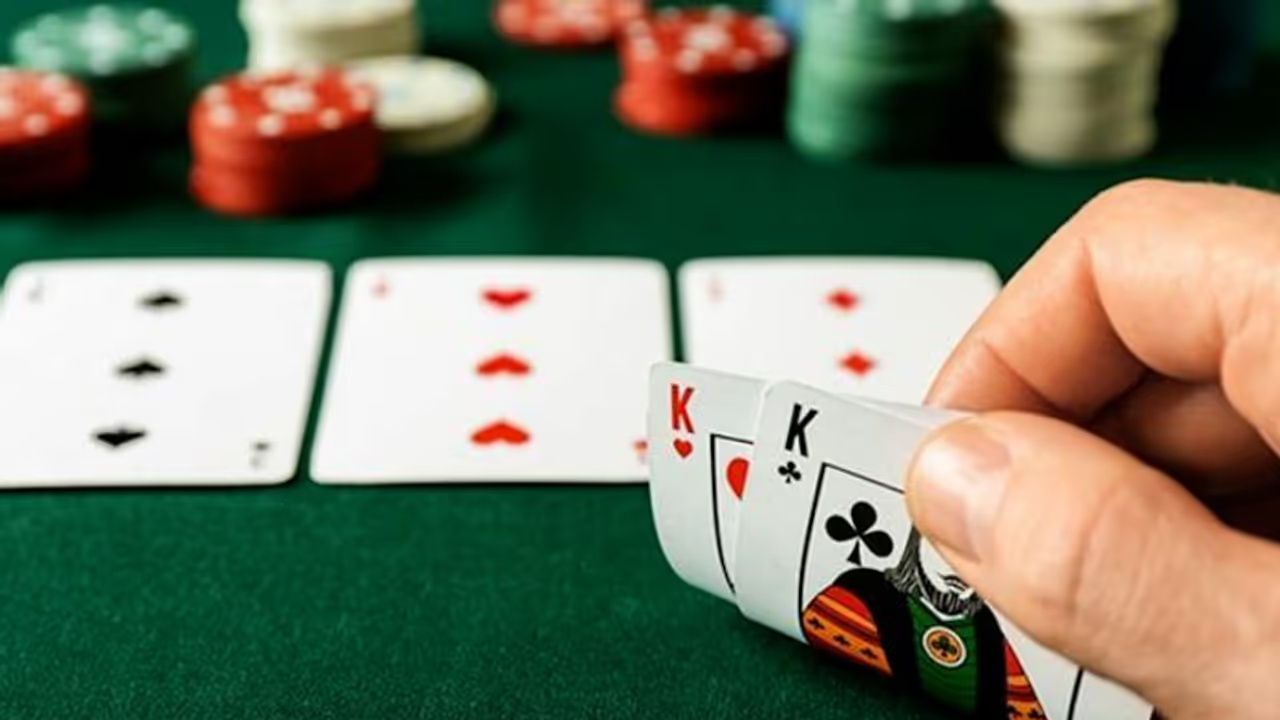While luck plays a role in poker, the best players gain an edge through subtle tactics that influence opponents' decision making.
Poker is a game of deception and gaining an edge over opponents. While luck is involved, skilled players know how to subtly influence their rivals' decision-making. This article will explore some techniques for throwing off opponents, including varying betting patterns to confuse them, maintaining an unpredictable image and play style, disguising tells to avoid easy reads, focusing on each opponent's tendencies rather than just cards, and employing balanced, unpredictable strategies like the top performers.

Betting Patterns
One of the easiest ways to trick opponents is to vary your betting patterns. Most players fall into predictable routines of raising, calling, or folding in certain situations. By mixing things up and betting differently than normal from time to time, you can confuse opponents and make them question their reads on you. For example, players may call a big raise with top pair on the flop where normally they would fold. Keeping them guessing can pay off.
Table Image
Your image at the table also affects how opponents view your range of possible hands. Some players like to portray themselves as loose and aggressive, while others cultivate a tight, value-focused image. Throwing in occasional bluffs that go against your perceived style can be an effective strategy. For instance, tight players may try to steal blinds more often with big bets on the button. Maintaining an unpredictable image keeps opponents off balance.
Disguising Your Tells
Most players have subtle physical or verbal tells that reveal information about their hand strength. The best way to counteract tells is to disguise them or even turn them against opponents. For example, a player who frowns or sighs with big hands could intentionally act disappointed with a strong holding to represent weakness. By varying normal behaviours and mixing up true and false signals, opponents will have a harder time accurately reading you post-flop.
Play the Player, Not the Cards
While hand strength is important, the best poker is played between the ears, not between the cards. Pay close attention to each opponent's tendencies, chip stack, personality and emotional state. Look for spots to exploit timid players by barrelling big on later streets, or target aggressive opponents with well-timed bluffs on Pocket52.
Balance and Unpredictability
The most consistent way to trick opponents long-term is through balanced and unpredictable play. Keeping a balanced approach that opponents cannot solve or make narrow reads on, as seen in top players on Pocket52, is key. By mixing up your strategies and tactics in an unpredictable yet balanced manner, you will keep opponents constantly guessing about your next move.
Conclusion
While luck plays a role in poker, the best players gain an edge through subtle tactics that influence opponents' decision making. By varying betting patterns, maintaining an unpredictable image and table presence, disguising tells, playing opponents and not just the cards, and balancing ranges to stay unpredictable, skilled players can gain valuable information and profit in the long run, as demonstrated by top performers on Pocket52.
